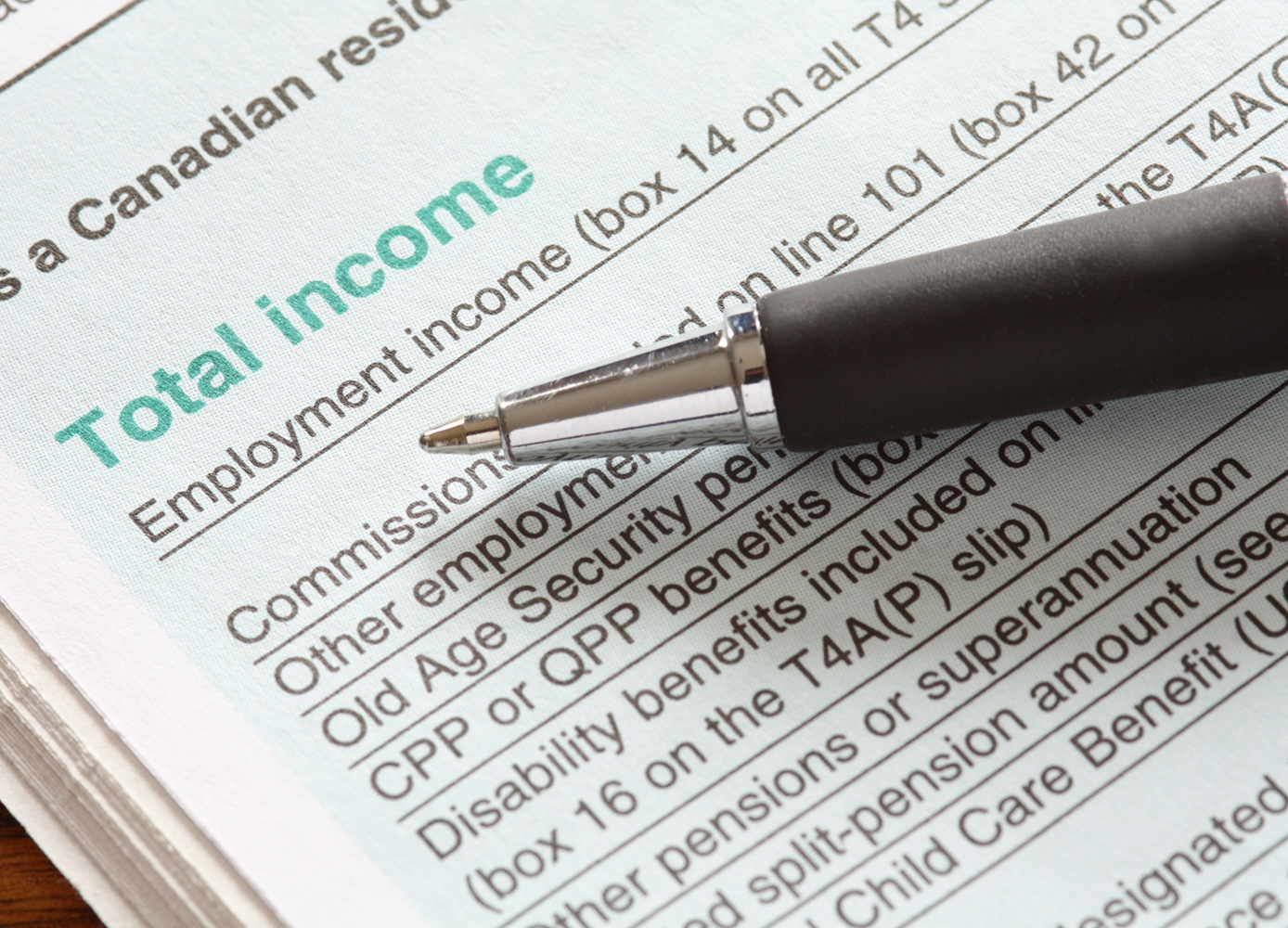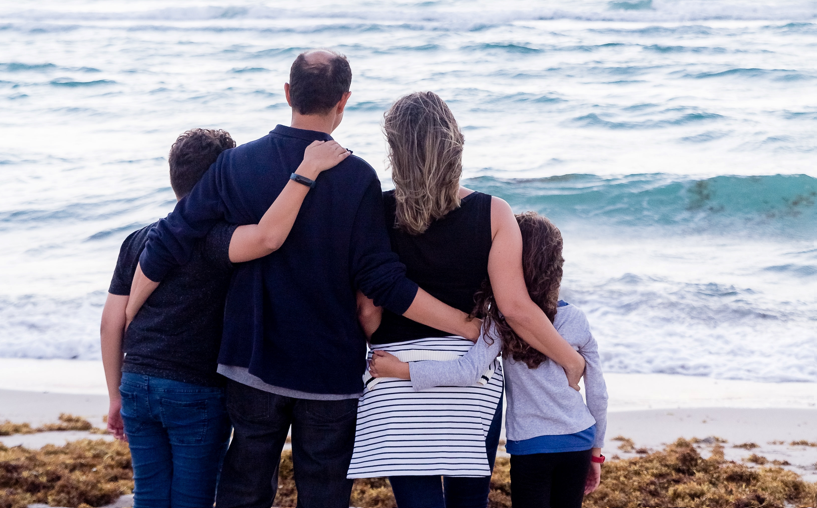Withdrawing more than the minimum from your RRIF can reduce the taxes your estate will have to pay—but don’t withdraw too much
A popular regular feature in Good Times magazine is “Your Questions,” where Olev Edur provides answers to questions from our readers regarding their rights, personal finance, and estate planning. Here’s one on a managing a RRIF:
Q.: I’m 71 and my wife is 74. We’re debt-free and our total combined taxable income for last year was $41,000, which is quite sufficient for our needs. I have a $200,000 RRIF and my wife has one worth about $145,000, plus we have an additional $170,000 in non-registered savings. At present, we are taking only the minimum required withdrawals from our RRIFs, so the earnings within the RRIFs more than cover the withdrawals. Should we be withdrawing more than the minimum from our RRIFs and reinvesting that money while we’re in a low tax bracket in order to avoid the higher taxes that will be charged to our estate when we die and everything becomes taxable income? Or should we continue taking minimum withdrawals from our RRIFs?
A.: There certainly is the potential for reducing your estate taxes considerably if you begin withdrawing more than the minimum from your RRIFs each year. You’ll need to pay withholding tax on any withdrawals in excess of the minimums, but that’s a temporary inconvenience, since any excess tax can be recovered when you file your tax return the following April.
You’ll lose the tax-free status on any further earnings on those withdrawals, although you can place them into a Tax-Free Savings Account (TFSA; I presume you haven’t yet contributed anything to TFSAs, since you don’t mention them). This would restore the monies’ tax-free status, and your cumulative combined TFSA contribution room would amount to $115,000 for 2018 (assuming no prior contributions). One of the benefits of TFSAs is that, although contributions aren’t tax-deductible, withdrawals are tax-free and would thus create no tax liability for your estate.
You need to be careful about how much you withdraw every year to avoid climbing into higher tax brackets, but since your combined incomes amount to only $41,000, you have quite a bit of leeway. In your home province of New Brunswick, the lowest marginal tax bracket of 24.68 per cent applies on income up to $41,675 (for 2018), so you each could withdraw about another $20,000 (assuming your income is fairly equally split between you or could be split through judicious sharing of the RRIF income) without rising into a higher tax bracket; at that rate, you could deplete your registered plans in eight years or so.
If you wanted to empty the RRIFs more quickly, the tax rate climbs quickly, as well. The NB marginal rate rises to almost 30 per cent on income from $41,675 to $46,605, giving you only another $5,000 or so of leeway.
The bottom line is that you could save your estate a lot of money by depleting your RRIFs. One further point: I presume your estate will be left to family—if you’re leaving the money to registered charities, then the donation tax credits could more than offset any tax liability; if this is your plan, talk with a financial advisor before you start incurring extra taxes unnecessarily.
Photo: iStock/RobMattingley.






